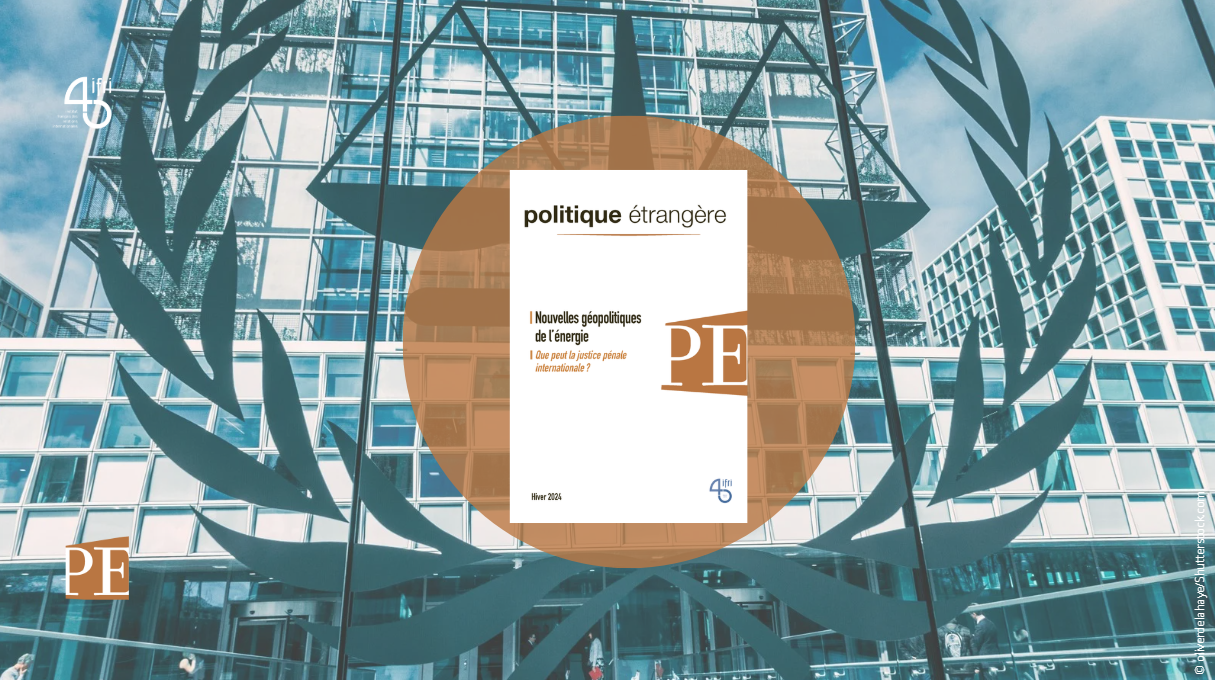International Criminal Justice: A Decisive Moment

Can international criminal justice be a factor in bringing about peace?

The implementation of the provisions of the Rome Statute has already gone through several phases. As the International Criminal Court brings cases against high-profile individuals and intervenes in ongoing major conflicts such as Ukraine and Palestine, the positions of states—both party and non-party to the Statute—are evolving. The coming years must bring clarity regarding the positions of the states parties, the methods of the Court, and its place in the international legal architecture.
Marc Perrin de Brichambaut was a judge at the International Criminal Court from 2015 to 2024.
Article published in French only in Politique étrangère, Vol. 89, No. 4, Winter 2024.
Find out more
Discover all our analysesForeword
In this special issue of Foreign Policy devoted to the proceedings of the conference organized by Ifri on April 10, 2019, in the Grand Amphitheater of the Sorbonne, on the occasion of its fortieth anniversary, read the foreword by Thierry de Montbrial, founder and president of Ifri.
Conclusions
In this special issue of Politique étrangère devoted to the proceedings of the conference organized by Ifri on April 10, 2019, at the Grand Amphitheater of the Sorbonne, on the occasion of its 40th anniversary, read the speech by Jean-Yves Le Drian, French Minister of Europe and Foreign Affairs.
New Global Challenges and European Security
In this special issue of Politique étrangère devoted to the proceedings of the conference organized by Ifri on April 10, 2019, in the Grand Amphitheater of the Sorbonne, on the occasion of its fortieth anniversary, discover the debate moderated by Nicole Gnesotto between Julian King, Jean-Marie Guéhenno, Wolfgang Ischinger, Nathalie Tocci, Hubert Védrine.
Industry Response to New Protectionism
In this special issue of Politique étrangère devoted to the proceedings of the conference organized by Ifri on April 10, 2019, in the Grand Amphitheater of the Sorbonne, on the occasion of its fortieth anniversary, discover the debate moderated by Thierry de Montbrial between Jean-Paul Agon and Patrick Pouyané.







